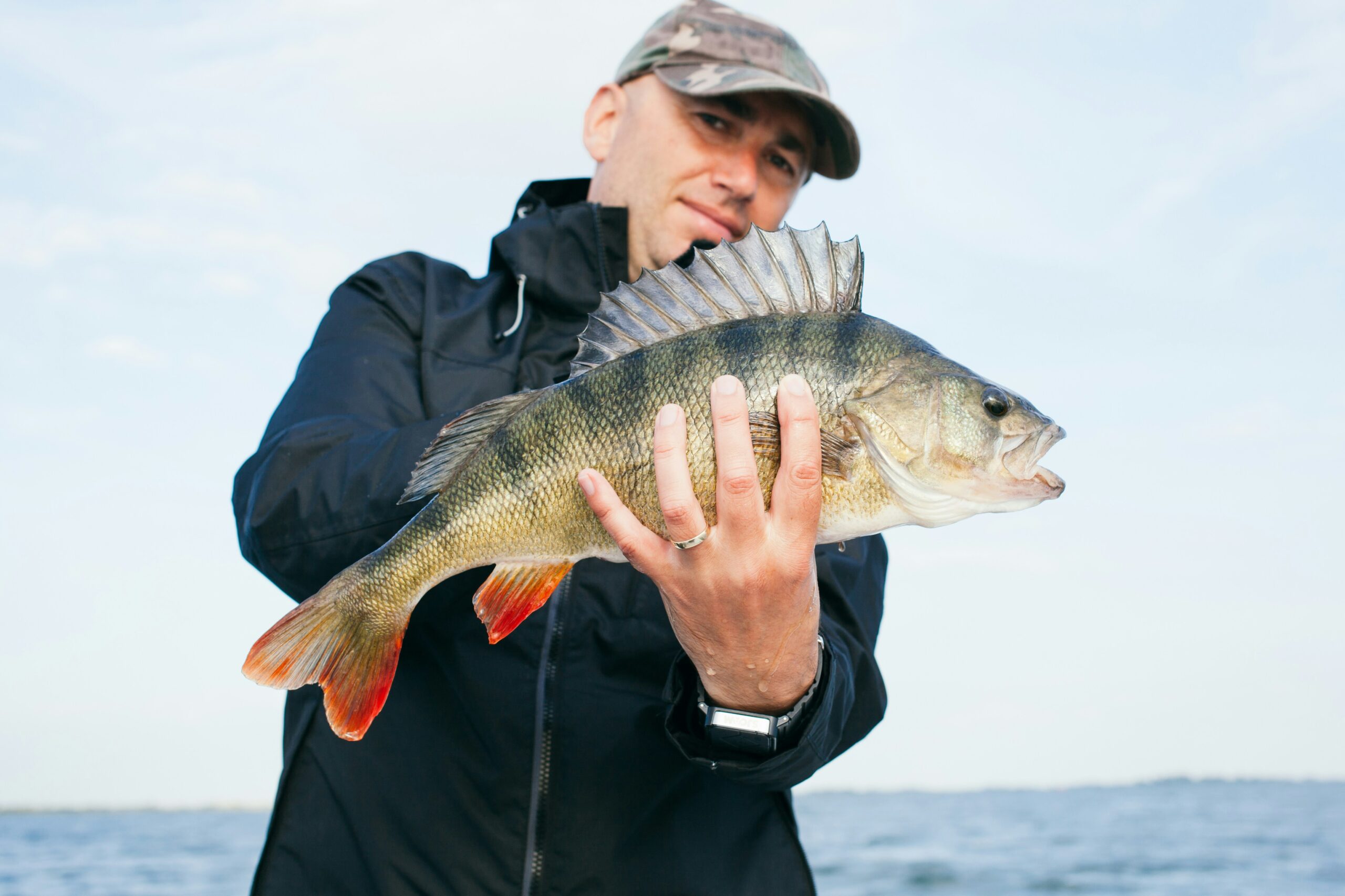Should We Continue to Eat Tuna?
Existing levels of tuna fishing are unsustainable, which could drive the fish to extinction. Despite its super healthful benefits, consuming too much tuna can actually be dangerous for you.

Photo by www.raubfisch24.de on Unsplash
Tuna is a favorite option for either a snack or meal choice with its delicious taste and agreeable texture.
A nutrient-rich food, this sleek and streamlined species is among the most commercially valuable fish on the planet. And therein lies the problem.
Existing levels of tuna fishing are unsustainable, which could drive the fish to extinction. Despite its super healthful benefits, consuming too much tuna can actually be dangerous for you.
So, should we still be eating tuna? Read on to learn about this powerful, agile, and endangered fish.
The Unsustainable Fishing
Tuna is highly sought after and heavily fished due to its popularity as a food source. However, the current fishing practices are pushing tuna populations to the brink of extinction. Overfishing, illegal fishing, and destructive fishing methods such as longlines and purse seining are causing significant harm to tuna populations and their ecosystems.
Several species of tuna, such as the bluefin tuna, are particularly vulnerable. These fish are slow-growing and have low reproductive rates, making them highly susceptible to overfishing. The demand for tuna, especially in sushi and sashimi, has led to excessive fishing that is unsustainable in the long run.
Health Risks
While tuna is known for its health benefits, including being a good source of omega-3 fatty acids and high-quality protein, consuming too much tuna can have negative effects on your health.
One concern is the presence of mercury in tuna.
Mercury is a toxic heavy metal that accumulates in the bodies of fish, including tuna, through their diet. High levels of mercury can be harmful, particularly for pregnant women, nursing mothers, and young children. It can affect the nervous system and impair brain development in infants and young children.
Another potential health risk associated with consuming tuna is the presence of microplastics. Microplastics are tiny particles of plastic that have infiltrated the world’s oceans and are ingested by marine life, including tuna.
These microplastics can then enter the human food chain when we consume seafood, including tuna. While the full extent of the health effects of microplastics is still being studied, there are concerns about their potential impact on human health.
Responsible Tuna Consumption
Given the environmental and health concerns surrounding tuna, it is important to approach its consumption responsibly.
Here are some guidelines to consider:
- Choose sustainable tuna: Look for tuna that is labeled as sustainably sourced or certified by reputable organizations such as the Marine Stewardship Council (MSC). These labels indicate that the tuna has been caught using methods that minimize harm to the environment and maintain healthy fish populations.
- Limit consumption: To reduce exposure to mercury and other potential contaminants, it is recommended to limit tuna consumption, especially for vulnerable populations such as pregnant women, nursing mothers, and young children. The U.S. Food and Drug Administration (FDA) advises consuming no more than two to three servings of low-mercury fish, including tuna, per week.
- Diversify your seafood choices: Instead of relying solely on tuna, explore other sustainable seafood options. There are plenty of delicious and nutritious alternatives available, such as salmon, sardines, and mackerel, which also provide omega-3 fatty acids.
The Future of Tuna
The future of tuna relies on sustainable fishing practices and responsible consumption.
It is crucial for governments, fishing industries, and consumers to work together to protect tuna populations and their habitats. This includes implementing stricter regulations on fishing methods, establishing marine protected areas, and promoting consumer awareness about sustainable seafood choices.
Informed choices and support to sustainable tuna fishing can help ensure the survival of this remarkable fish for future generations to enjoy.









